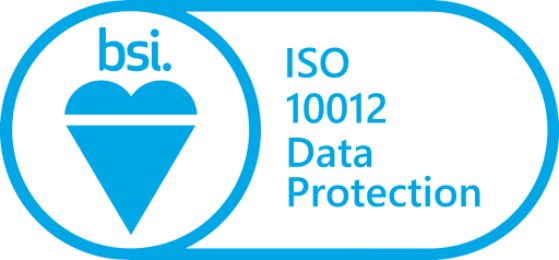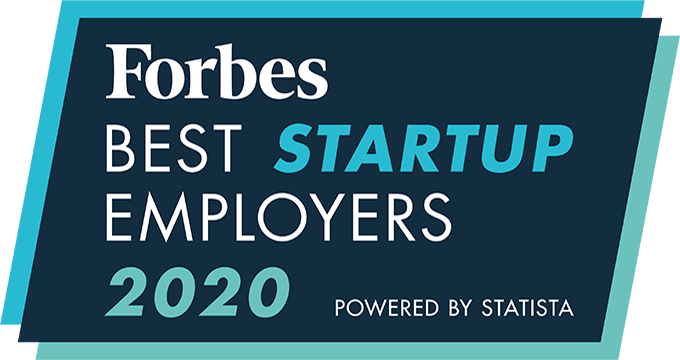Employees are the backbone of any organization, so it stands to reason that attracting and retaining top talent is crucial for the sustained success of any organization, and understanding the meaning and importance of the talent pipeline is fundamental to strategic human resource management. A well-crafted talent pipeline ensures a continuous influx of skilled individuals and streamlines the recruitment process at the same time. Let’s delve into the world of talent pipeline management and explore effective strategies for talent acquisition.
What is a Talent Pipeline?
A talent pipeline is not just a collection of resumes or a stagnant pool of potential candidates. It’s a dynamic, proactive approach to acquiring and nurturing talent, utilizing a reservoir of skilled professionals at various stages of engagement with your organization. From passive candidates who might be vaguely aware of your company to those who have interacted with your brand through networking events or social media—the talent pipeline encompasses a diverse range of individuals.
The Importance of a Well-Managed Talent Pipeline
Building and maintaining a pipeline for your business will enable you to accomplish the following:
Build a Strong Talent Pool
Instead of scrambling to fill vacant positions when the need arises, a well-managed talent pipeline positions organizations to take a proactive stance. By consistently engaging with potential candidates, you’re building a relationship that can be easily tapped into when a position opens up.
Ensure a Great Fit
Hiring is not just about skills; it’s also about finding individuals who align with your company culture. A talent pipeline, nurtured over time, enables you to assess not just the technical capabilities of potential hires but also their compatibility with your organizational values and work environment.
Reduce Time-to-Hire
One of the primary challenges in recruitment is the time it takes to identify, evaluate, and onboard a candidate. A robust talent pipeline shortens this timeframe significantly. When the need for a new hire arises, you’re not starting from scratch; you’re reaching out to individuals who are already familiar with your organization.
Reduce Costs
Traditional recruitment methods often incur substantial costs in advertising, screening, and interviewing candidates. A talent pipeline, on the other hand, is a cost-effective strategy. By investing in relationships with potential candidates before the need arises, you’re saving both time and money.
Strategies for Effective Talent Pipeline Management
Are you ready to implement or to improve upon your existing talent pipeline management? Here are some tips to get you started:
- Build a Strong Employer Brand
Your employer brand is your organization’s reputation as an employer. Establishing a positive and compelling brand attracts top talent. Leverage social media, employee testimonials, and a user-friendly careers page to showcase your company culture and values.
- Engage Continuously Through Networking
Don’t limit your engagement with potential candidates to the hiring process. Actively participate in industry events, webinars, and online forums. Building relationships in these settings can turn passive candidates into active and enthusiastic applicants.
- Utilize Technology and Data Analytics
Invest in modern recruitment technology to streamline your talent pipeline management. Applicant tracking systems and data analytics tools can provide valuable insights into candidate behavior, allowing you to refine your strategies.
- Offer Career Development Opportunities
Demonstrate your commitment to employee growth by providing opportunities for professional development. Individuals in your talent pipeline are more likely to commit to your organization if they see a path for advancement and skill enhancement.
- Implement an Employee Referral Program
Your existing employees can be your greatest advocates. Encourage them to refer qualified candidates. A well-designed referral program not only brings in talented individuals but also reinforces a positive workplace culture.
Embrace Talent Pipeline Management for Better Talent Acquisition
Having a talent pipeline is the difference between having a pool of candidates and having a community of talent. It’s a strategic initiative that pays off in reduced recruitment costs, faster hiring cycles, and a workforce that seamlessly integrates with your organization’s values. Instead of viewing talent pipeline management as a task on the HR checklist, consider it a key component of your organization’s growth—the difference between having a pool of applicants and a community of potential future leaders.
As you embark on refining your talent acquisition strategies, remember that a robust talent pipeline isn’t built overnight—it is an ongoing process of engagement and adaptability to the evolving job landscape—but it is worth all the effort you pour into it.









